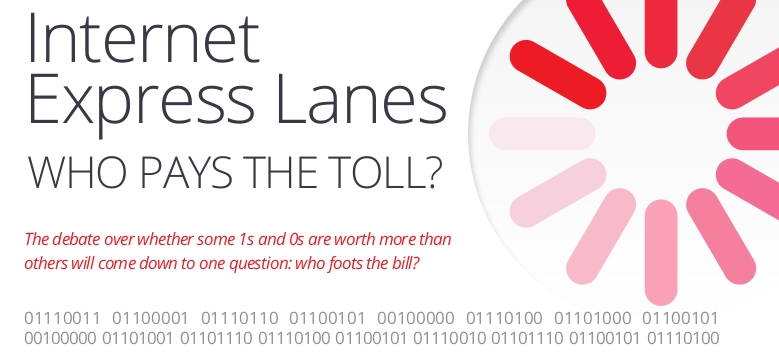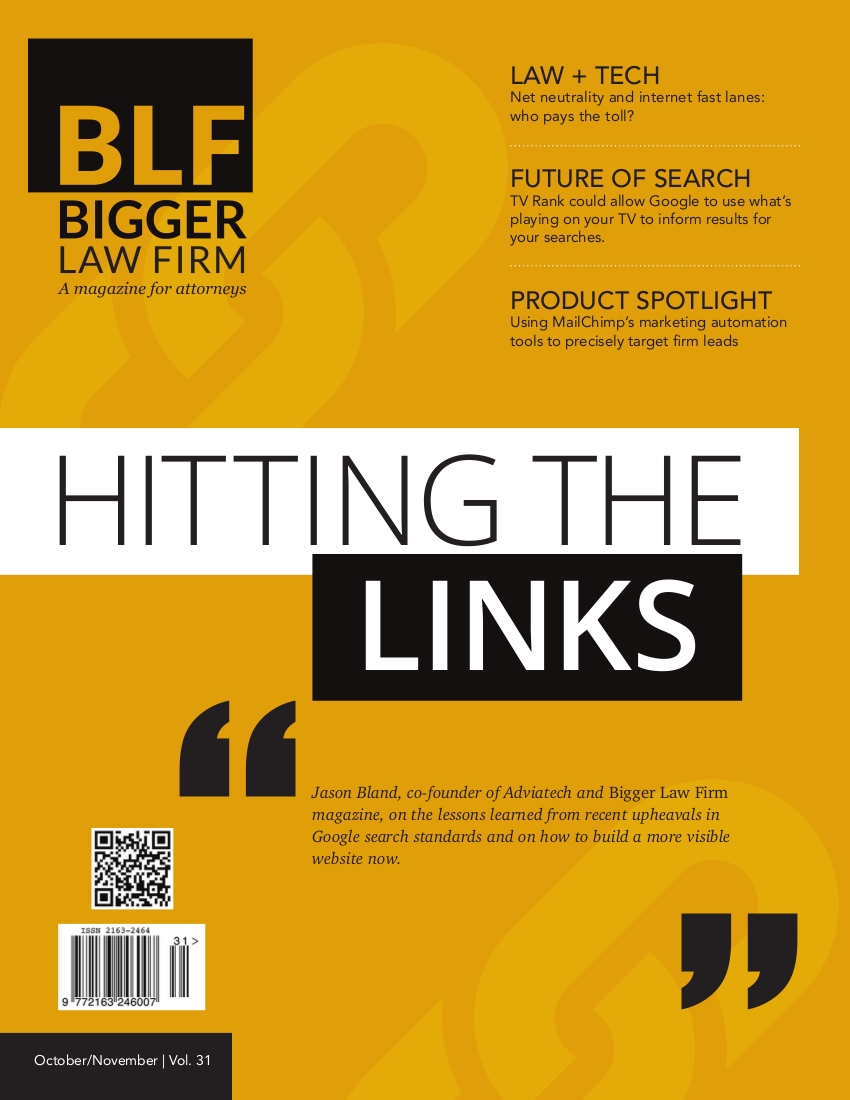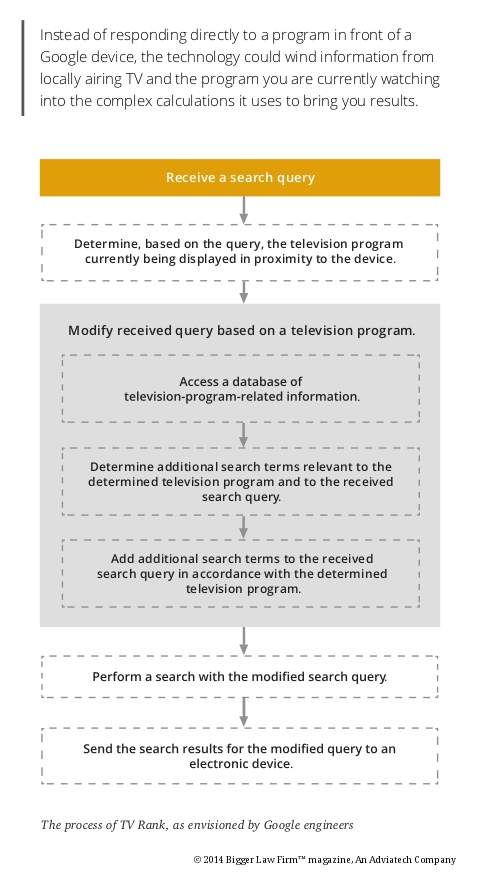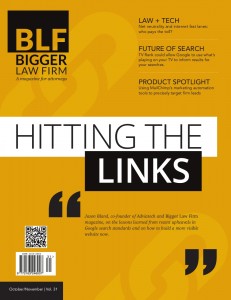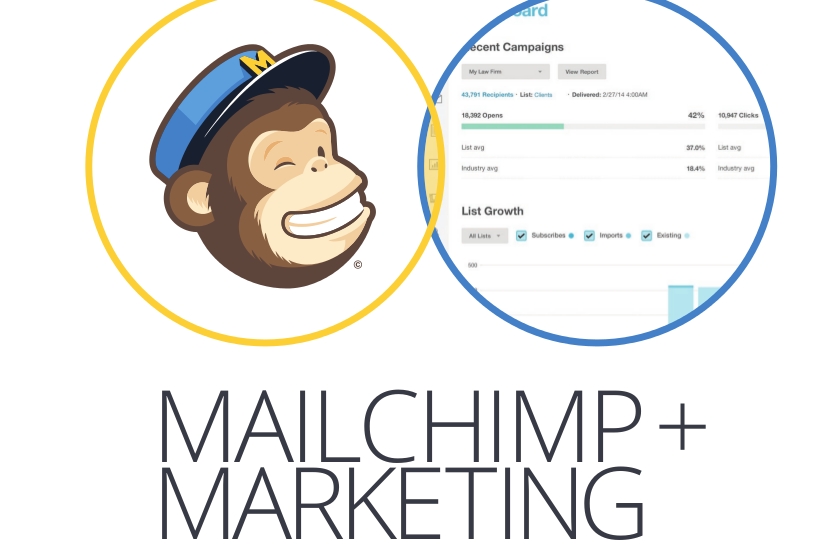San Francisco, CA (Law Firm Newswire) January 19, 2015 - The internet is still a relatively new development, and industry regulations are still in flux, with net neutrality being one of the most debated and important issues at hand. In the most recent issue of Bigger Law Firm Magazine, Justin Torres helps law firms understand the net neutrality debate, as well as the impact net neutrality could have on their work.
Torres writes that, because online marketing relies on the easy distribution of content, including bandwidth-heavy content like videos, law firms would feel the impact of the elimination of net neutrality. If implemented, such a change could hinder the flow of content, potentially preventing firms from adopting or creating technology innovations and from distributing content that goes against internet service providers' (ISPs')’ views.
Currently, Federal Communications Commission (FCC) rules require that ISPs treat all internet traffic equally. Internet service providers, including Verizon, AT&T and Comcast, are lobbying to overturn these net neutrality rules. They plan to charge companies, and possibly internet users, for access to certain websites, and to slow down access to companies who do not pay their fees.
As Torres explains, in January 2014, Verizon filed a lawsuit against the FCC, arguing that the FCC did not have the authority to dictate how internet service providers operate because they are “service providers,” not “common carriers” like telephone companies.
Following the ruling, AT&T, Comcast, and Verizon began throttling Netflix, until the video streaming giant made paid peering agreements with each company.
The major ISPs, along with others in the the industry, are the biggest opponents of net neutrality. They argue that, with ever-increasing amounts of data moving through the internet, it costs more now than in the past to provide internet service. Without net neutrality, these companies would allow bandwidth-heavy websites to pay for access to “fast lanes.” According to the ISPs, this would allow them to fund better internet infrastructure.
Proponents of net neutrality, including President Obama, would like the internet to be classified as a public utility, making internet providers subject to the same FCC regulations as telephone companies. Torres explains that the majority of the public, as well as companies with websites, favor net neutrality. Proponents of net neutrality worry that removing net neutrality rules would give ISPs total control over internet speeds and would inhibit smaller websites, especially for startups and small businesses.
To learn more about how to build a Bigger Law Firm, visit https://www.biggerlawfirm.com
- Google Limits Search Results Per Domain for More Diversity – How Does This Affect Law Firms?
- Big Results for Big Law Firms
- The Role of Cybersecurity in the Legal Field
- SEO Hierarchy of Needs: A Guide for Beginner Law Firms
- Should Law Firms Use Chatbots Rather Than Mobile Forms?
- Outside the Box: Non-Standard Lawyer Website Inspiration
- Does Your Firm Need a Legal Credit Card Processor?
- How Facebook’s New Political Ad Guidelines Are Affecting Lawyer Advertising
- Why Law Firms Need to Use VPNs
- Why Newsletters Fail and How Your Law Firm’s Newsletter Can Succeed

